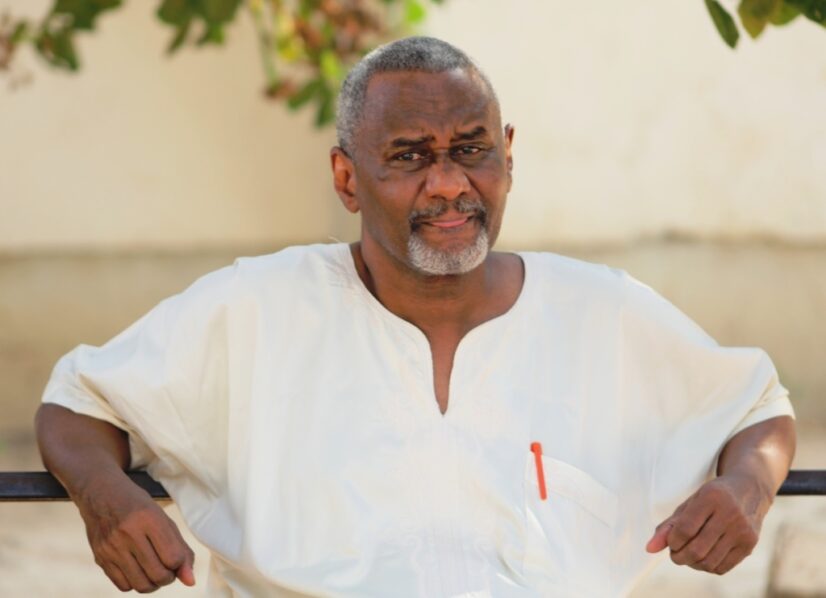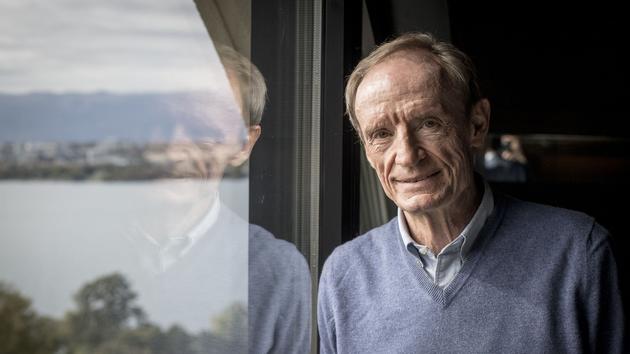Michele Romanow has started many businesses throughout her years as an entrepreneur—includingBuytopia—and advises Canadian founders as a cast member on Dragons’ Den. Her latest venture, Clearco, has invested more than $2.5 billion in businesses so far.
I was raised in Saskatchewan where everyone has this incredible work ethic. A lot of people are farmers, and I was exposed to the mindset that if you don’t get up every morning at 6 a.m. and go to work, the animals are going to die. I’d like to think that my Saskatchewan roots never left me, because I still work my ass off.
My mom and dad told me I could be anything I wanted when I grew up—as long as I was an engineer. So I ended up moving to Kingston, Ont. to study civil engineering at Queen’s University. By second year, I realized I was going to be better at building businesses than building bridges. While I was in school, the engineering faculty was opening a new building and I saw the opportunity to build a sustainable coffee shop in it. I put together a proposal and the university accepted it. I found that process way more interesting than the stuff I was learning in school. The Tea Room opened in 2006 and it’s still there today.
In my last year of university I met Anatoliy Melnichuk, who soon became my business partner. He sat down beside me in class one day and asked what I was up to. I told him I was preparing for a business plan competition where the winner receives $25,000 to bring their idea to life. He came to our next class with all these pitches ready. I don’t think I seriously thought about becoming an entrepreneur until I met Anatoliy. At the time, our classmates thought we were nuts: No one in our cohort wanted to build a business.
We entered a bunch of business plan competitions at Queen’s with the goal to build a caviar fishery—the worldwide caviar supply was down about 90 per cent because of overfishing in the Caspian Sea—and ended up winning $100,000. We literally drove our cars out to New Brunswick and proceeded to set up a commercial supply chain, figuring out fishing licenses and finding people who could catch sturgeon for us. Once we produced the supply, we started cold-calling restaurants trying to sell the caviar and shipping it out via FedEx overnight. It was grueling, but initial sales went really well.
Four months into running the business, it’s September 2008 and suddenly we are in a terrible recession. I’m 22 years old, selling the world’s most unnecessary luxury product. That early failure point was really important because it taught me the world really owes you nothing.
From there,Anatoliy and I tried starting a bunch of other businesses, like delivering fresh fruit to offices, but nothing worked because the recession was too bad. I ended up taking a job as the director of strategy at Sears, where I learned the ins-and-outs of retail, purchasing and how to run an e-commerce website. That job gave me time to catch my breath and get back on my feet before trying to build something new again.
I started my next business, Buytopia, out of my apartment in Toronto in 2010. It was the beginning of the daily-deal craze—think Groupon—and our business model involved working with retailers to offer our customers gift cards at a discounted price. We had zero money for marketing, so our first attempt at attracting customers involved buying a box of sidewalk chalk and writing our “deal of the day” and our website address outside every single major building in Toronto. We got so many calls from people being like, “Please stop defacing the sidewalk outside our building.” That was our first customer-acquisition business and it grew steadily from there.
While running Buytopia, I realized that we had grown our customer base but could expand even further by offering new products. That’s why we built SnapSaves in 2012, an app that digitizes coupons from grocery stores. SnapSaves got a lot of traction very quickly and in under two years, we were acquired by Groupon. I moved myself and my team down to its Chicago headquarters and joined the company as the head of marketing.
Shortly after that, I got a cold call on our customer service line. It was from a producer at the CBC asking me to join the cast of Dragons’ Den. When we’re filming a season of Dragons’ Den, we hear about 250 pitches over the course of 17 days and everything starts to sound the same. It’s always, “I’m willing to give up 10 per cent of my company for $100,000.” Often, people need the money for inventory and customer acquisition, which translates to Facebook and Google ads. These ads have a shockingly low rate of return. In 2015, I remember thinking, “Why are founders using such expensive capital to do something with a fixed return?”
One day, I decided to throw out a different type of deal. I said, “Why don’t I give you the $100,000 you’re looking for, and instead of taking 10 per cent of your business that I will own forever, I just want 10 per cent of your revenue until you pay me back my capital, plus six per cent interest?” It wasn’t a business loan because I couldn’t take their personal assets if they didn’t pay me back. That ended up being the first Clearco deal.
I founded Clearco, an investment firm offering capital to e-commerce start-ups, officially in 2016 with the goal to democratize access to capital. There are so many people with great business ideas who don’t get the capital they need because that money is reserved for the “right people.” (If you’re a man and go to Harvard or Stanford University, you’ll have no problem fundraising.) Even if you have a great business idea with great unit economics, which helps determine the profitability of a business, it is extremely difficult to raise money. This is why we see incredibly skewed stats on race and gender with women- and BIPOC-led businesses being less likely to secure funding than ones led by men.
Our deals are entirely based on AI: Founders will input all of their business-related numbers and we run an algorithm that determines in minutes if the business will be profitable. We don’t care about who the founder is, what the pitch deck looks like, or even what the product is. All we care about is whether or not the business is growing and what the unit economics are. As a result, our portfolio has eight times more women and nine times more BIPOC founders than the typical venture capital portfolio. To date, Clearco has funded more than 6,000 different founders, and invested more than $2.5 billion in businesses. We’re the world’s largest e-commerce investor and have expanded into seven different countries around the world.
The most challenging aspect of being an entrepreneur is that you hear “no” every day. At the beginning of your career, no one takes you seriously, and no one thinks you can build anything of value. You have to have the capacity to endure an enormous amount of failure. I think only 20 per cent of the ideas I have worked on have actually been successful.
At the same time, being an entrepreneur is the most rewarding career imaginable because you really have the opportunity to make an impact. I truly believe that Clearco has an enormous opportunity, not only to be a unicorn, but to become a defining company that changes the way founders are funded. Growing up, I thought if I ran a company with a couple of employees, that was my idea of success. What I have achieved so far has exceeded my wildest expectations.
Note: This article have been indexed to our site. We do not claim legitimacy, ownership or copyright of any of the content above. To see the article at original source Click Here













